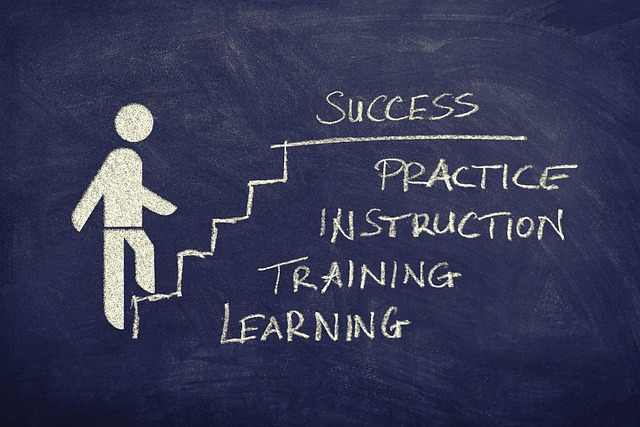Introduction:
When faced with unemployment, seeking out training and skills development programs can be a game-changer in your journey toward finding meaningful employment. These programs offer valuable opportunities to enhance your existing skills, acquire new knowledge, and stay competitive in a dynamic job market. In this article, we will explore the steps you can take to access training and skills development programs tailored to unemployed individuals.
Assess Your Skills and Identify Areas for Growth:
Start by assessing your current skill set and identifying areas where you can benefit from additional training. Consider the skills required for your desired industry or job roles you’re interested in pursuing. Take note of any gaps in your skills or knowledge that could be addressed through training programs.
Research Local Training Providers and Institutions:
Conduct thorough research to identify local training providers, educational institutions, and vocational schools that offer programs relevant to your career goals. Explore their course catalogs, program descriptions, and reviews to get a sense of their offerings, reputation, and accreditation.
Explore Government-Sponsored Training Initiatives:
Government agencies often offer training initiatives specifically designed for unemployed individuals. These programs may be funded by federal, state, or local entities and provide financial support or scholarships to cover training costs. Check government websites, workforce development agencies, and unemployment offices for information on available training initiatives.
Consider Online Learning Platforms:
Online learning platforms offer a wide range of courses and certifications that can be completed remotely at your own pace. Platforms like Coursera, Udemy, and LinkedIn Learning provide access to courses on various subjects, including technical skills, business management, communication, and more. Look for courses that align with your career goals and can enhance your marketability.
Seek Industry-Specific Certifications:
Industry-specific certifications can significantly boost your employability and demonstrate your commitment to professional growth. Research certifications relevant to your desired field, such as project management, IT, healthcare, or human resources. Many certifications have training programs associated with them, which can prepare you for the certification exams.
Connect with Local Workforce Development Centers:
Local workforce development centers are dedicated to helping unemployed individuals access training and job opportunities. They provide resources, counseling services, and guidance on available training programs. Visit or contact your nearest workforce development center to learn about the training options they offer and eligibility criteria.
Explore Apprenticeship Programs:
Apprenticeship programs combine on-the-job training with classroom instruction, allowing you to earn while you learn. These programs are often available in industries such as construction, healthcare, manufacturing, and information technology. Research apprenticeship opportunities in your area and consider how they align with your career aspirations.
Leverage Networking and Professional Associations:
Networking with professionals in your desired industry can provide insights into training programs and opportunities. Attend industry events, join professional associations, and connect with individuals who can share their experiences and recommend relevant training programs. These connections may also lead to mentorship opportunities and job referrals.
Seek Financial Assistance:
Training programs can have associated costs, including tuition fees, materials, or certification exam fees. Explore financial assistance options available for unemployed individuals, such as grants, scholarships, or low-interest loans. Contact training providers, educational institutions, and nonprofit organizations to inquire about financial support.
Create a Personalized Training Plan:
Based on your skills assessment, research, and available resources, create a personalized training plan. Identify the specific programs, courses, or certifications you will pursue, and establish a timeline for completion. Break down your plan into manageable steps, considering factors like duration, scheduling, and any prerequisites.
Conclusion:
Accessing training and skills development programs can be a transformative step in your journey from unemployment to meaningful employment. By assessing your skills, researching local training providers, exploring government-sponsored initiatives, considering online learning platforms, seeking industry-specific certifications, connecting with workforce development centers, exploring apprenticeship programs, leveraging networking and professional associations, seeking financial assistance, and creating a personalized training plan, you can equip yourself with the necessary knowledge and skills to thrive in the job market.

